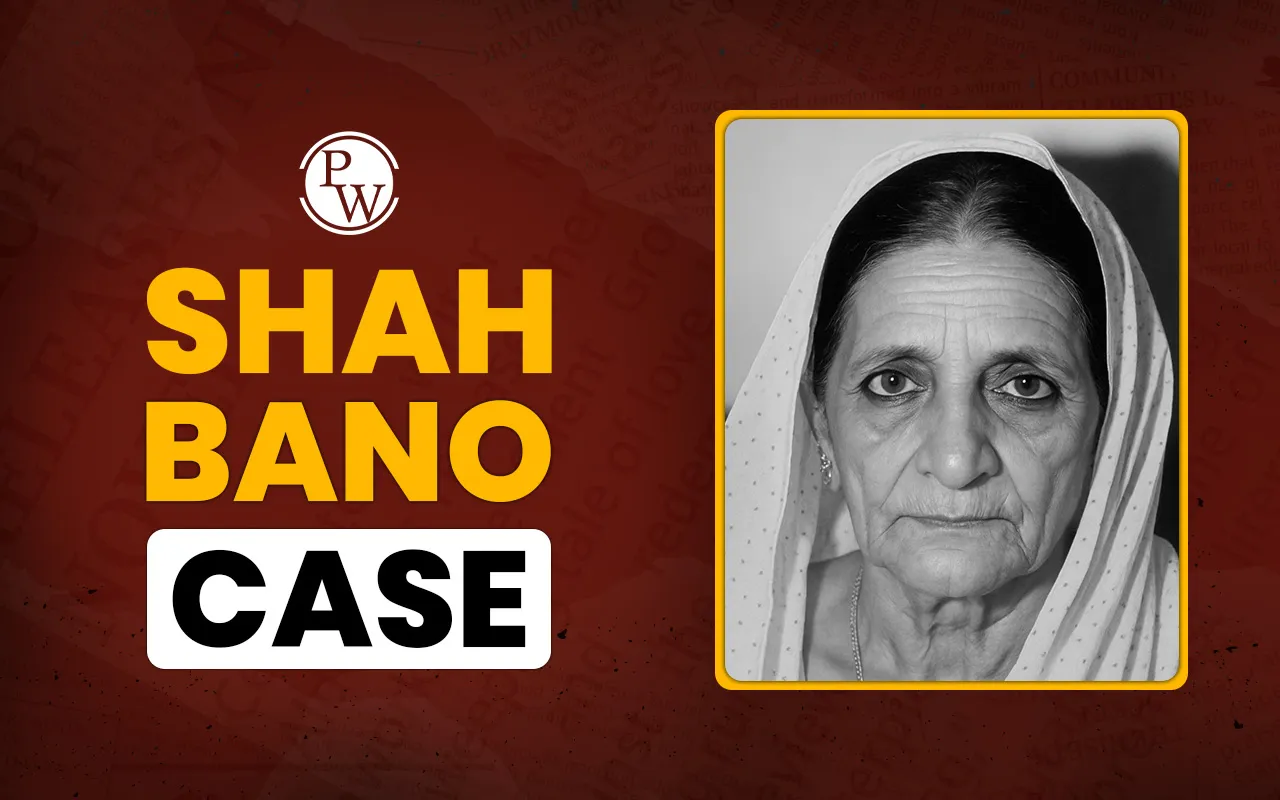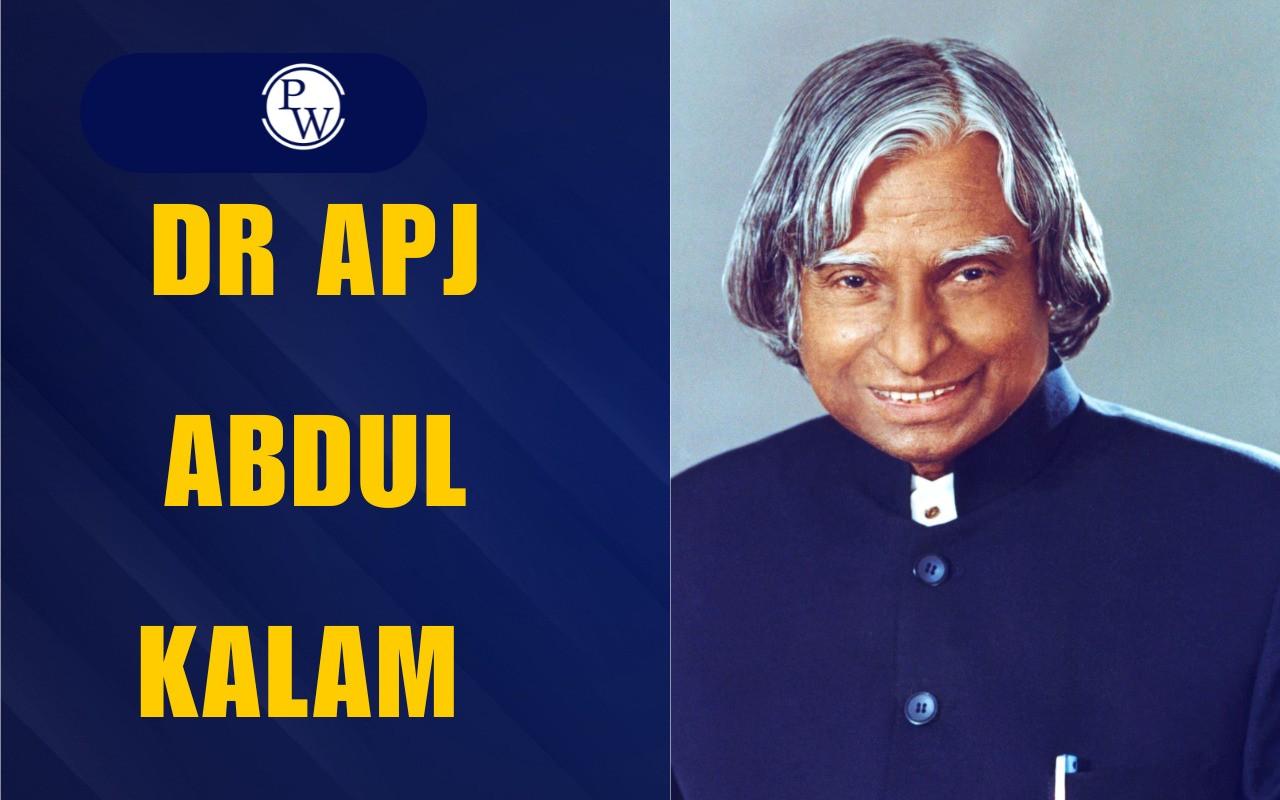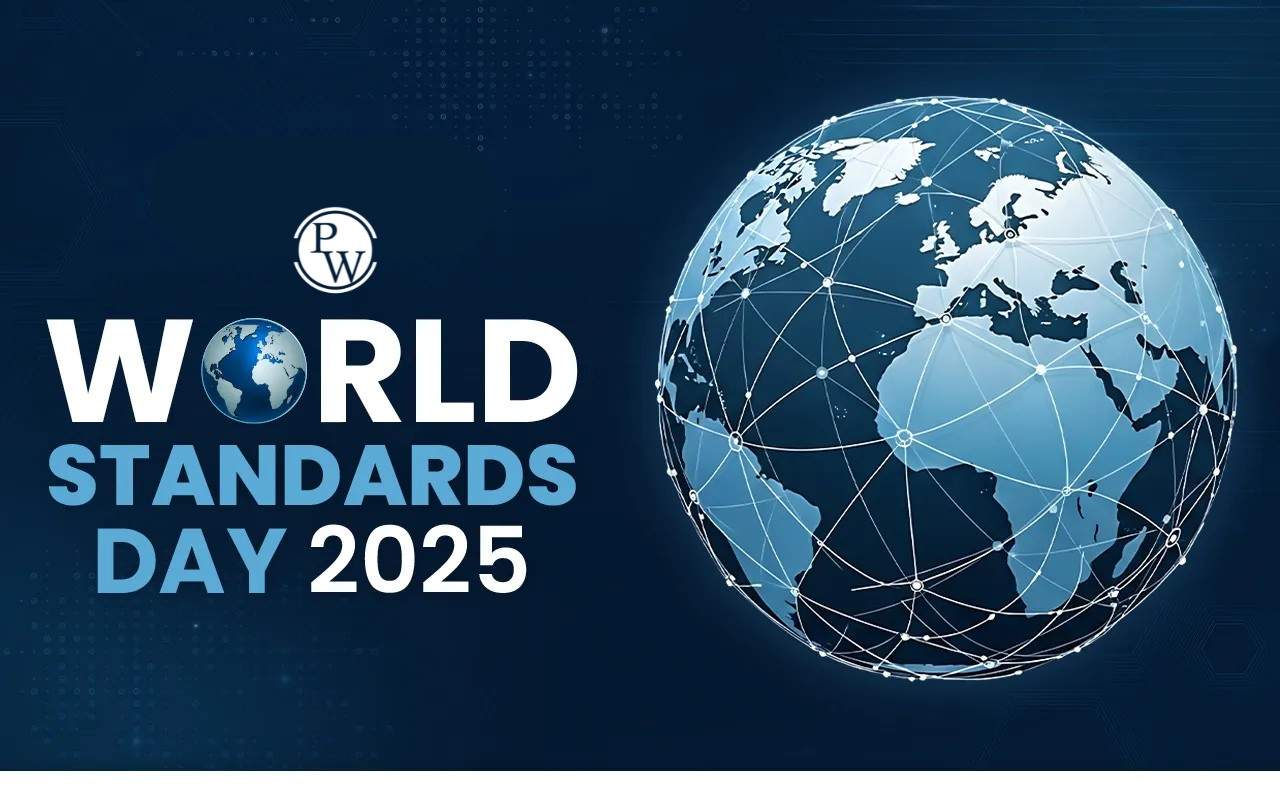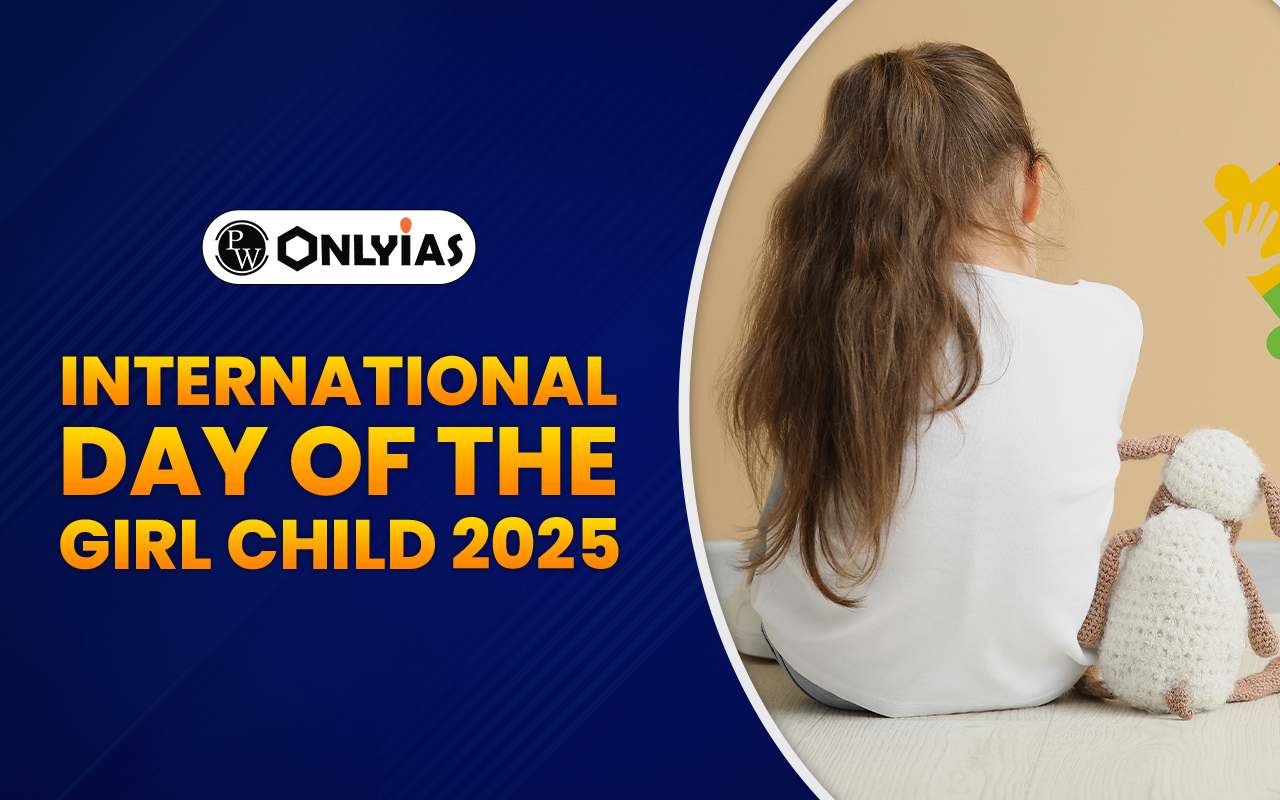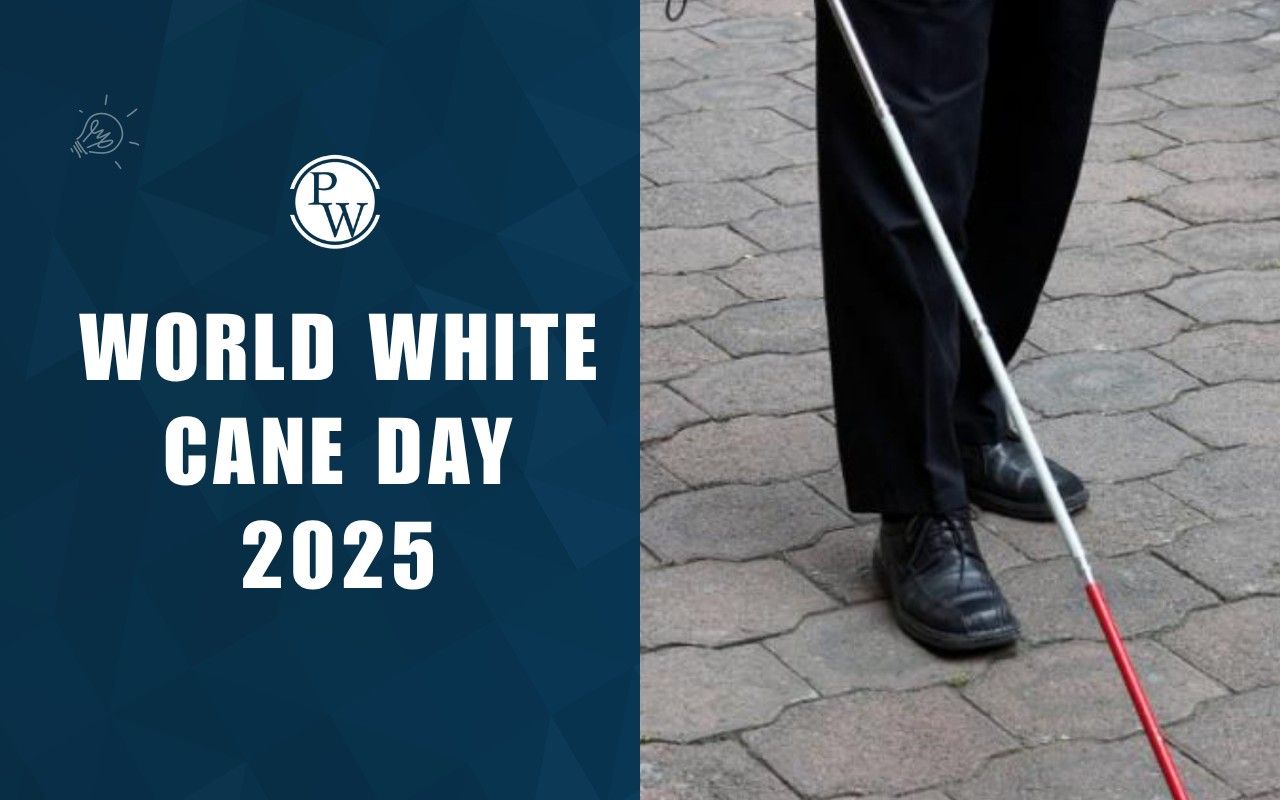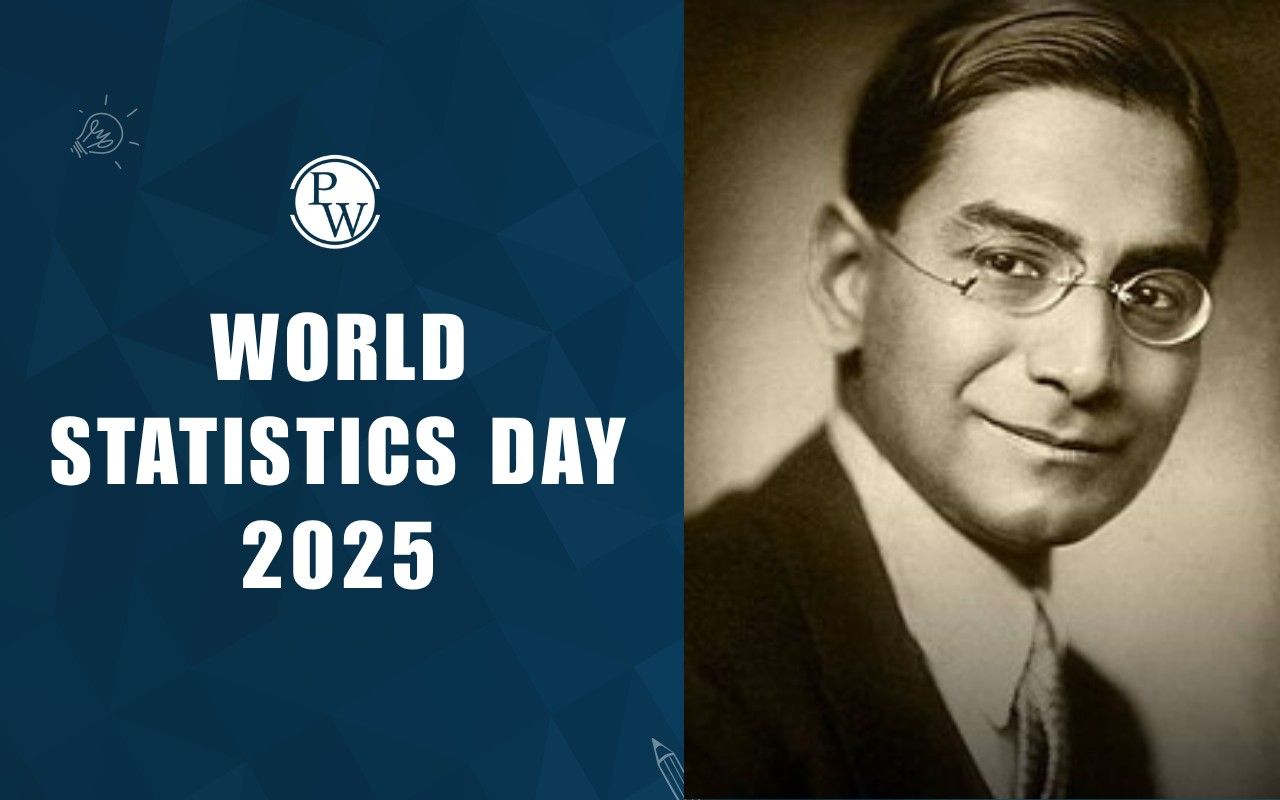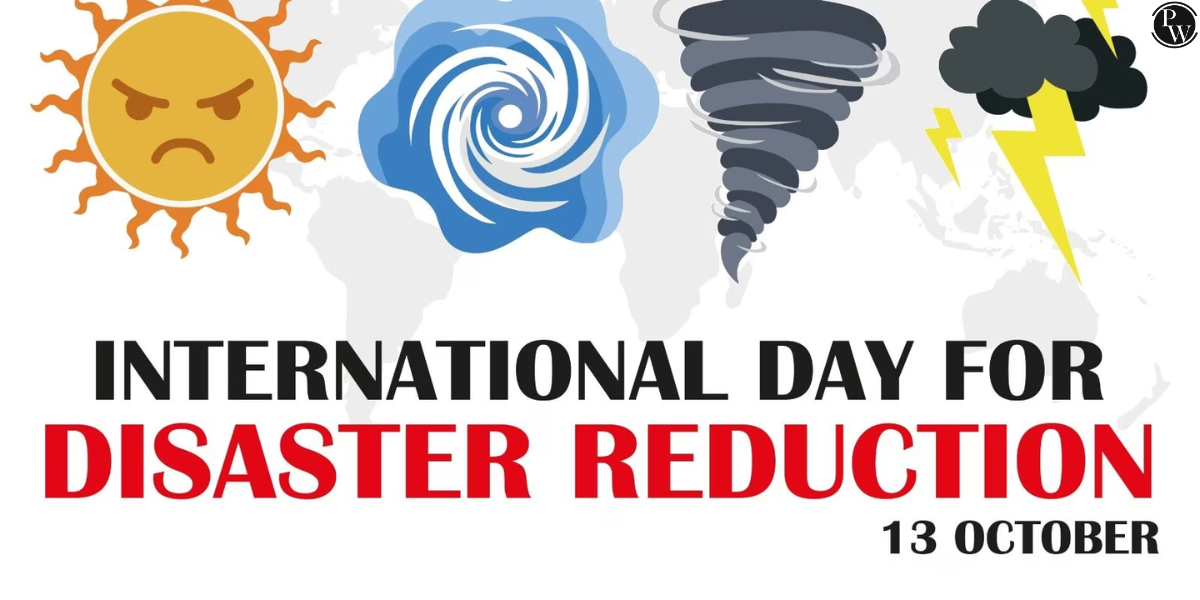
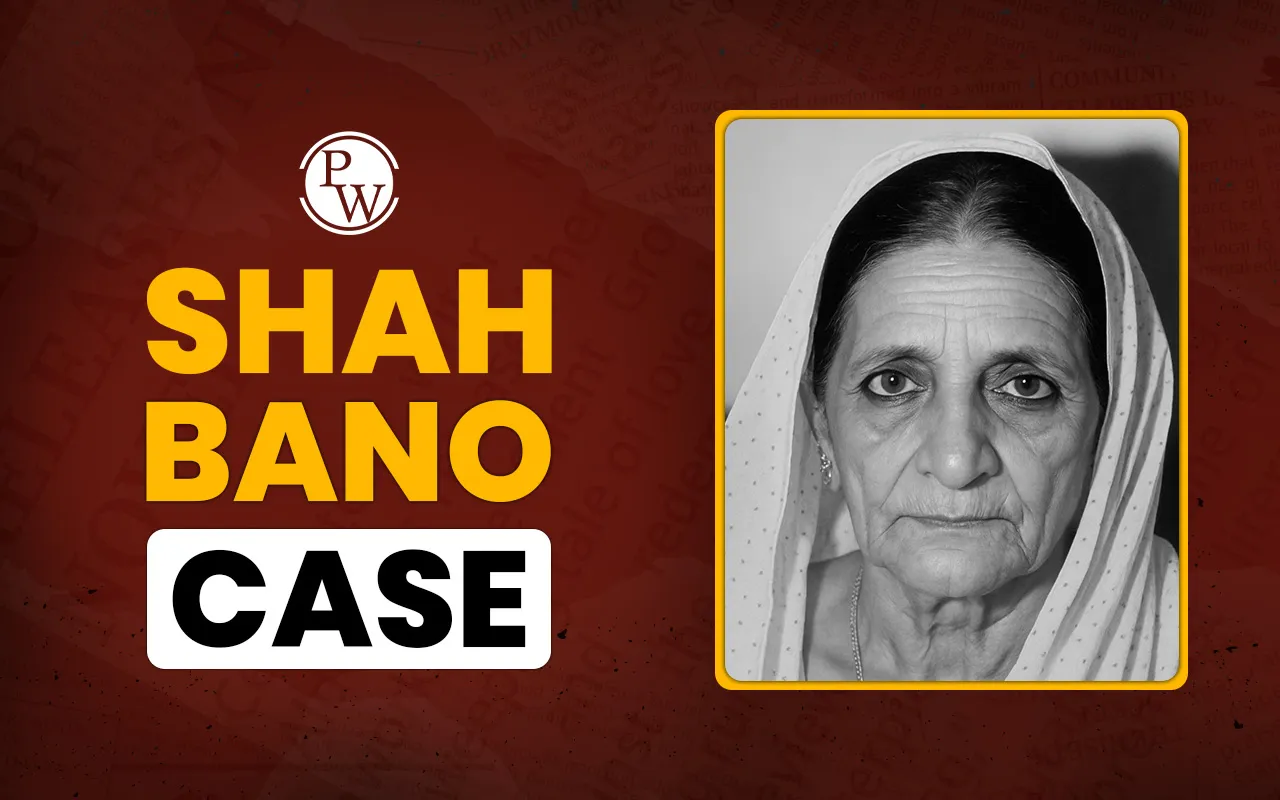
Shah Bano Case: It is the case of Mohd. Ahmad Khan vs. Shah Bano Begum vs. Ors. It is also known as the Shah Bano case, which was seen as one of the milestones in Muslim women’s fight for rights in India. It allowed several other muslim women to file legitimate cases that they were not allowed before.
The Shah Bano Case is a prominent topic for the Indian Polity of the UPSC Syllabus. Questions related to the Shah Bano Case have been previously asked in both the UPSC Prelims and UPSC Mains.
Shah Bano Case Summary
Shah Bano Case is regarded as one of the turning points in the muslim women’s struggle for equality rights in India. The petition was filed in April 1978 at a court in Indore. The complete Shah Bano Case can be summarized as follows:
-
Mohd. Ahmad Khan (appellant),a lawyer by profession, married Shah Bano Begum (respondent) in 1932. The couple together had 5 children: three sons and two daughters.
-
Shah Bano Begum was cast out of her husband’s house along with her kids in 1975. She was then 62 years old. She filed a petition with the Judicial Magistrate in Indore requesting Rs 500/- per month maintenance in accordance with Section 125 of CrPC.
-
Her husband, in response, granted her an irrevocable ‘Triple Talaq’ and cited that they were no longer a married couple and he was already paying maintenance of Rs 200/- per month for almost 2 years. ,The husband also gave his justification that he paid the court a total of Rs 3000/- through dower during the iddat period.
-
The magistrate, at first, ordered the husband to pay Rs 25 in maintenance in 1979. In response, Shah Bano submitted a revisional plea to the High Court of Madhya Pradesh to change the maintenance payment. As a result, the HC increased the maintenance amount to Rs 179/-.
-
Mohd. Ahmad Khan then filed a special leave petition before the Supreme Court of India to contest this judgment.
The major problem in the Shah Bano Case was that the husband’s plea was completely based on the claim that the maintenance to be provided to the divorced under Section 125 of the CrPC must be disregarded because Muslim Laws absolve husbands of all obligations to their divorced wives. He is only entitled to pay the mahr (dower paid for marriage by the husband) amount and an amount to cover the maintenance during iddat. He also claimed that Section 127(3)(b) of the CrPC provides statutory recognition to this rule.
Shah Bano Case Judgment
The Supreme Court of India issued a ruling in the Shah Bano Case in 1985 over the question of whether the CrPC, normally applicable to all Indian citizens regardless of their religion, may be used in this situation.
-
Shah Bano received orders to get maintenance from his Muslim husband in 1979, and the maintenance amount was increased by the Supreme Court.
-
According to the then CJI Y.V. Chandrachud, Section 125 was created to address the needs of those who are unable to support themselves. There is no difference in the fact that the divorced wife and the children practised a different religion.
-
The Supreme Court reiterated that there is no contradiction between the stipulations of Section 125 (CrPC)and the Muslim Personal Laws concerning the obligation of a muslim husband to provide maintenance for his divorced wife, who is unable to sustain herself.
-
The Court also clarified that if the divorced wife is self-sufficient, then the husband’s duty to offer maintenance ends with the completion of the iddat period.
Shah Bano Case UPSC
The Shah Bano Case has become a landmark case and judgment not only in the Indian judicial history but also for the UPSC CSE Exam. The following issues were associated with the Shah Bano Case UPSC:
-
Whether a divorced muslim lady fits the definition of wife under Section 125 of the CrPC.
-
Does the Muslim Personal Law supersede Section 125 of CrPC?
-
In the situation of a clash between Section 125 of the CrPC and the Muslim Personal Laws, the Muslim husband is liable to pay maintenance to a divorced wife under Section 125 of the CrPC.
-
How much is payable upon divorce under Section 127(3)(b) CrPC?
-
Is Mehr or dower included in the amount payable upon divorce?
The Shah Bano case involved a verdict on ‘Triple Talaq’ that became a historic decision as it upheld the public trust in the legal system. It highlighted the significance of providing maintenance to divorced Muslim women who are unable to work and support themselves.
Shah Bano Case Year
The Shah Bano Case was a controversial maintenance lawsuit in India, which started with the filing of Shah Bano Begum’s petition to the Judicial Magistrate of Indore in 1978. The Supreme Court on April 23, 1985, delivered their judgment in favor of Shah Bano, providing maintenance to an aggrieved divorced muslim woman.
Ready to boost your UPSC 2025 preparation? Join PW's UPSC online courses today!
Shah Bano Case FAQs
What is the Shah Bano case?
What is the longest divorce case in India?
What is the case of teen talaq?
What is the religion in the case of Shah Bano?

